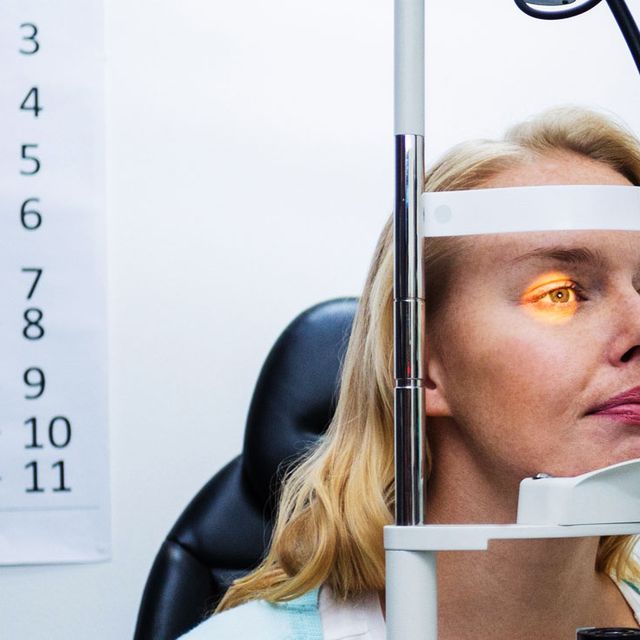
Blog

If you experience dry eye symptoms, you need to determine the root cause of the problem. Dry eyes can be due to many eye conditions. Knowing the cause is essential for effective treatment.
You need to determine whether you are suffering from dry eye syndrome or have eye allergies. The two conditions have many similar symptoms, but the underlying causes are different. Eye allergies can sometimes cause dry eye syndrome.
Symptoms of Dry Eye
Dry eye syndrome is a condition that causes extreme eye dryness and a burning sensation. The eyes become dry as the tear ducts fail to provide enough lubrication. Dry eye can cause burning and redness, but in most cases, the patient will not experience swelling and itchiness.
If not treated, dry eye syndrome can lead to problems, such as blurry vision and sensitivity to light. In severe cases, the patient can end up with permanent eye damage.
Symptoms of Allergies
Eye allergies, also known as allergic conjunctivitis, is a condition that is characterized by itching eyes. Severe itchiness usually results in eye redness or small tears due to constant rubbing. The skin underneath and around the eyes usually becomes puffy, and some people develop dark circles under the eyes. Watery eyes and sensitivity to light are also symptoms of the condition. The eyes may also experience a burning sensation.
Causes of Dry Eye Condition
Millions of people suffer from dry eye. The condition is caused by a lack of adequate tears in the eye. Failure to produce adequate tears or produce tears that are of poor quality causes dry eyes. When tears dry up too fast, they fail to function as they should.
A dry eye condition may also be due to an underlying medical condition. Other causes of dry eye are smoking, dehydration, hormone fluctuations, and low humidity. Prolonged digital screen use can also cause dry eyes.
Causes of Fall Eye Allergies
Eye allergies tend to be seasonal, and they are common during fall. The allergies result from different substances in the environment. The allergens can be anything from dust mites and pollen to pet dander, mold, smoke, and other substances.
The body reacts to the allergens by releasing histamine to ward them off. This causes an allergic reaction. People who have hay fever or nasal allergies have an increased risk of having eye allergy symptoms.
Treating Dry Eye Condition
If you have dry eyes, visit a doctor for a proper diagnosis. Effective treatment of the condition will depend on the root cause of the problem. Using regular eye drops or antihistamines can make the condition worse. Artificial tears and prescription eye drops can treat the condition as they keep the eyes lubricated.
Treatment of Allergies
Preventing exposure to the substances that you are allergic to is the best way to prevent allergies. Unfortunately, this is not always possible, especially when dealing with fall allergies. Taking oral antihistamines can help prevent fall allergies.
For instant relief, eye drops can be effective. The best drops are those that are preservative-free. Artificial tear drops can treat fall allergies as they rinse allergens from the eyes. If you suffer from any ocular problems, it is vital to visit an eye doctor for treatment.
For more on dry eye and fall allergies or to schedule an appointment, call Super Optical Express in Gainesville, Florida at (352) 702-9700 today!



